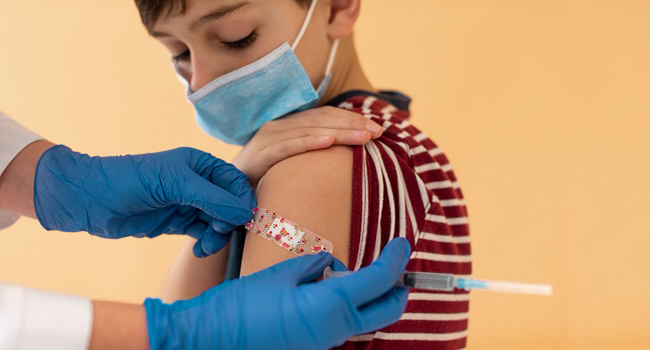
Immunization is a global health and development success story, saving millions of lives every year. Vaccines reduce the risks of getting a disease by working with your body’s natural defenses to build protection. However, low vaccination rates in some areas are a cause of concern and many proposals have been put forward to increase these rates.
A clinical trial has explored the use of behaviourally-informed invitation letters and reminders as a potential technique for increasing influenza vaccination rates among children.
Childhood influenza is a common respiratory illness caused by the influenza virus. It is highly contagious and can lead to serious complications, such as pneumonia and bronchitis. In order to prevent the spread of influenza and protect children, vaccination is recommended.
Immunization is a key component of primary health care and an indisputable human right. It’s also one of the best health investments money can buy. Vaccines are also critical to the prevention and control of infectious disease outbreaks. Yet despite tremendous progress, vaccination coverage has plateaued in recent years and dropped since 2020.
In this clinical trial, researchers looked at whether behaviorally-informed invitation letters and reminders could increase the uptake of childhood influenza immunization through schools and GP practices.
The study involved two clinical trials. In the first trial, parents of eligible children in the intervention group registered at their local clinics and were sent the behaviourally-informed invitation letter by post. The control group children received the usual care. The letter was short in length, simplified, and made more salient by highlighting key points or actions required, thereby reducing the mental effort required to process the information and identify the action required. It was personalized with the name of the child and the parent, increasing the letter's personal relevance, and had a tear-off slip where individuals could note the time and date of their appointment, addressing implementation intentions.
